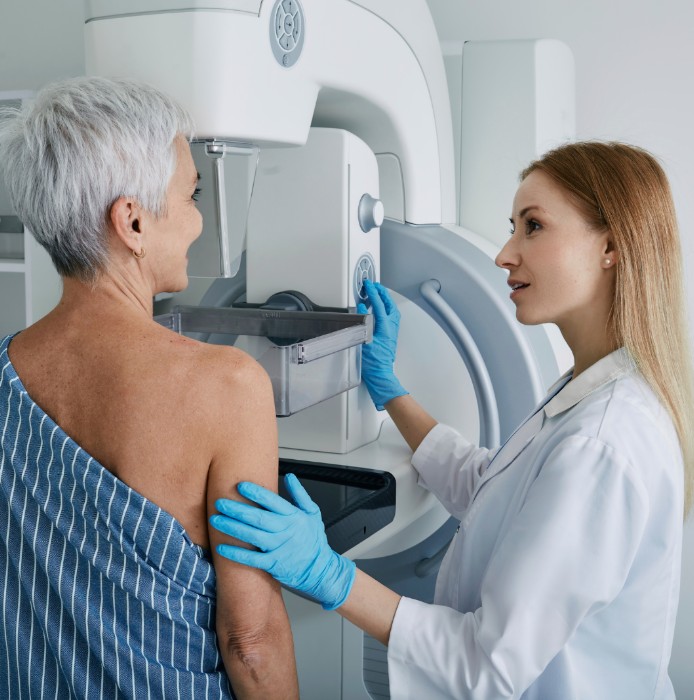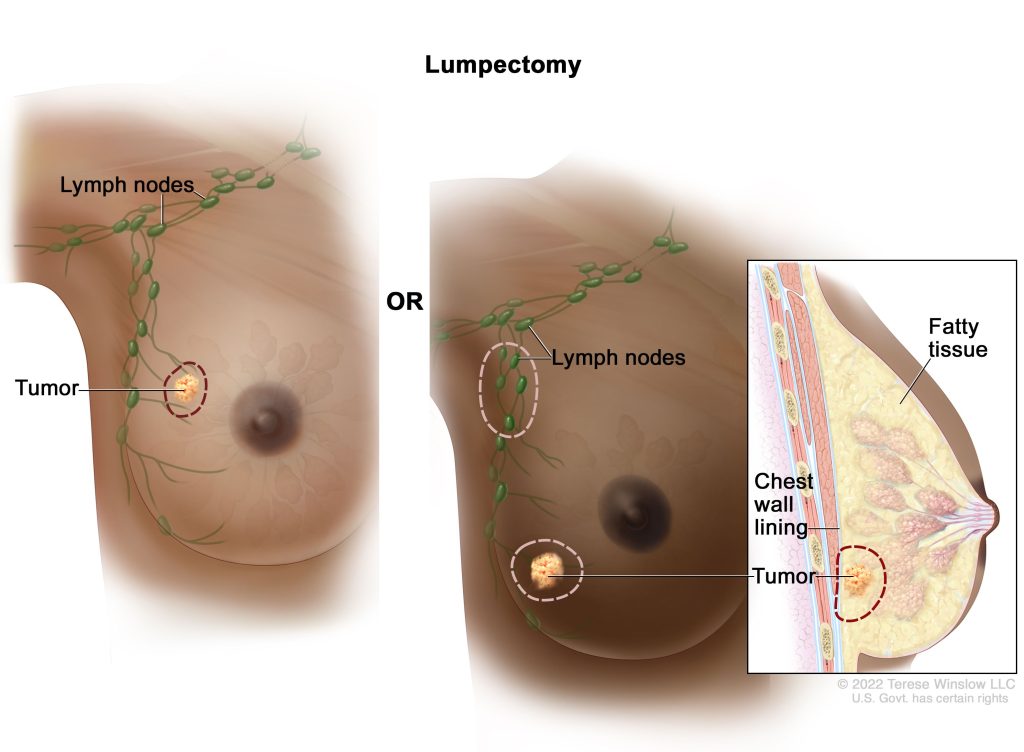Why is Early Detection of Breast Cancer Important?

Globally, breast cancer is one of the most common types of cancer affecting women. Its impact can be devastating, not just physically, but emotionally and socially as well. However, when detected early, the survival rate significantly increases, treatment is more effective, and the quality of life post-treatment is substantially better.
In this blog, we’ll explore why breast cancer early detection matters, how you can spot the symptoms of breast cancer, and the advanced diagnostics and treatments available.
What Is Breast Cancer?
Breast cancer develops when specific abnormal cells in the breast suddenly begin to grow and multiply uncontrollably. These unusual cells may form a lump, which could be harmless or cancerous. Although breast cancer is far more common in women, it can also occur in men.
What are the Early Warning Signs of Breast Cancer?
Breast cancer doesn’t always start with a noticeable symptom. There may be no obvious warning signs in many cases, especially in the early stages.
Below are some signs that should never be ignored:
- A lump or a swelling in the breast or underarm region
- A change in the size or shape of your breast
- Skin that looks dimpled or puckered, a bit like the texture of an orange
- Discharge from the nipple, particularly if it’s clear or bloody
- A nipple that turns inward or starts to feel sore
- Redness, flaking, or thickened skin on or around the nipple
It’s important to remember that not every lump is cancer; many breast lumps are harmless. But early evaluation can make a big difference.
Why Breast Cancer Early Detection Matters?
For any kind of cancer, early detection can be life-saving. Catching the disease in its earliest stages gives multiple treatment options, often with fewer side effects and good long-term outcomes.
When breast cancer is diagnosed at stage 0 or I, the chances of successful treatment with survival are significantly higher.
Early-stage breast cancers often respond well to less intensive treatments. This can mean avoiding aggressive procedures like extensive surgery or chemotherapy, leading to faster recovery and reduced emotional strain.
How is Breast Cancer Detected Early?
With the advancements in medical technology, it is now possible to spot breast cancer even before any signs become noticeable.
Key screening methods include:
- Mammograms: Low-dose X-rays of the breast that can spot tumours too small to be felt. It is still regarded as the most effective early screening tool.
- Ultrasound or MRI: Used when additional clarity is required, especially for women with dense breast tissue.
- Clinical Breast Examination: A physical check performed by a medical professional to identify any unusual lumps or changes.
- Self-Examination: Regular monthly self-checks help you become familiar with your breasts and notice subtle changes early on.

Understanding What are the Risk Factors?
Common risk factors include:
- Being over the age of 50
- Family history of breast or ovarian cancer
- Inherited genetic mutations (e.g., BRCA1, BRCA2)
- Use of hormone replacement therapy (HRT)
- Lack of physical activity and being overweight
- Alcohol consumption
- Having your first child later in life or never giving birth
If you fall into any of these categories, it is strongly recommended to speak with a healthcare provider about a regular breast cancer screening.
How does Accurate Diagnosis and Staging Guide Treatment Options?
Once there’s a suspicion of breast cancer, doctors take a series of steps to confirm the diagnosis and assess how far the condition may have progressed. This usually begins with imaging scans, most commonly a mammogram, and in some cases, an MRI for a clearer view.
If something concerning is found, the next step is a biopsy, where a sample of breast tissue is examined microscopically. Occasionally, blood tests may be used alongside these methods to help understand the stage of the disease or monitor how it’s responding to treatment.
The stage of the cancer, ranging from 0 (non-invasive) to IV (metastatic), determines how far it has progressed and helps guide the treatment approach.
What are the Main Treatment Approaches for Breast Cancer?
Breast cancer treatment is not one-size-fits-all; it depends on the type of cancer, its stage, and the individual’s overall health and preferences. Over the years, advances in medical research have led to a range of effective treatment options that aim to remove or control the cancer, prevent recurrence, and improve quality of life. The main approaches to breast cancer treatment include:
- Surgery: Either a lumpectomy (removing the tumour) or a mastectomy (removing the breast), depending on the case.
- Radiotherapy: Done after surgery to eliminate any remaining cancer cells.
- Chemotherapy: Done to target cancer cells throughout the body.
- Hormonal Therapy: It is used for cancers driven by hormone receptors.
- Targeted Therapy and Immunotherapy: This uses advanced treatments that use precision medicine to disrupt specific cancer pathways.
- Blood Test for Early Detection of Breast Cancer is an emerging tool that aims to identify subtle changes in the body before any physical symptoms appear.

How Recovery is an Essential Part of Breast Cancer Care?
The journey doesn’t end when the treatment does. The emotional well-being, physical rehabilitation, and support systems are equally essential to long-term recovery. It should be followed by
- Personalised nutritional advice
- Psychological and emotional counselling
- Support groups
- Physical therapy
- Regular follow-up scans and check-ins
Leading Breast Cancer Care at Kings Cancer Care Centre
In the heart of Dubai, King’s Cancer Care Centre is a name you can trust for expert-led, patient-focused cancer treatment.
No two patients are the same, and we ensure each plan reflects the unique needs and goals of the person behind the diagnosis.
Here’s what makes us a leading choice:
- Highly qualified cancer specialists with global experience
- Advanced imaging and diagnostic technologies, including mammograms and blood tests
- Personalised, multidisciplinary treatment plan
- Holistic care philosophy
- Most trusted cancer hospital
From the first consultation to the final follow-up, we’re committed to walking with you every step of the way.
Breast Cancer Early Detection Saves Lives
Delaying a screening or ignoring subtle changes in the body could cost you more than just time. Early detection is one of the most potent weapons to fight against cancer.
From mammograms to blood tests for early detection of breast cancer, or a consultation with one of the best breast cancer specialists, take the step now.
Your health, peace of mind, and future are worth it.
King’s Cancer Care Centre — Your Trusted Partner in Breast Cancer Care.
